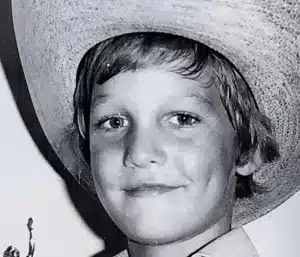She is rushed through the hospital doors, lights flashing across her pale face as nurses shout urgent orders down the corridor. Every second feels stretched thin, her heartbeat flickering on the monitor—an unsteady rhythm fighting not to fade. Doctors move fast, drawing blood, ordering scans, exchanging quiet, sharp phrases her family can’t quite make out.
Hours pass before the results arrive. A heavy silence settles as the doctor enters, his expression caught between relief and warning.
“We have an answer,” he says quietly. “It’s rare… and it’s serious.”
The diagnosis explains everything—the fainting spells, the sudden exhaustion, the sharp aches she had dismissed as stress. She has a rare heart condition, one that could turn fatal without immediate care. Her family stares in disbelief, replaying every moment they shrugged off her pain, every time she whispered, “I’m just tired.”
Machines hum softly beside her as medication begins to drip through clear tubes. The doctor explains that treatment must start now. No waiting. No hesitation. Hope depends on precision—and speed.
Her mother grips her hand, whispering promises she can barely hear. Her pulse steadies for a moment, then slips again, fragile but determined.
“We caught it just in time,” the doctor murmurs. “Let’s keep it that way.”
Outside, the city continues as if nothing has changed—cars passing, lights blinking—while inside the room, time feels suspended. Each heartbeat becomes a tiny miracle.
The night slowly settles. Her breathing deepens. The machines soften their warnings. The danger hasn’t passed, but survival suddenly feels within reach.
When morning comes, her first words are a whisper:
“I didn’t know my heart was broken.”
Her mother smiles through tears and brushes her hair gently.
“It’s not broken,” she says. “It’s just learning how to beat again.”





